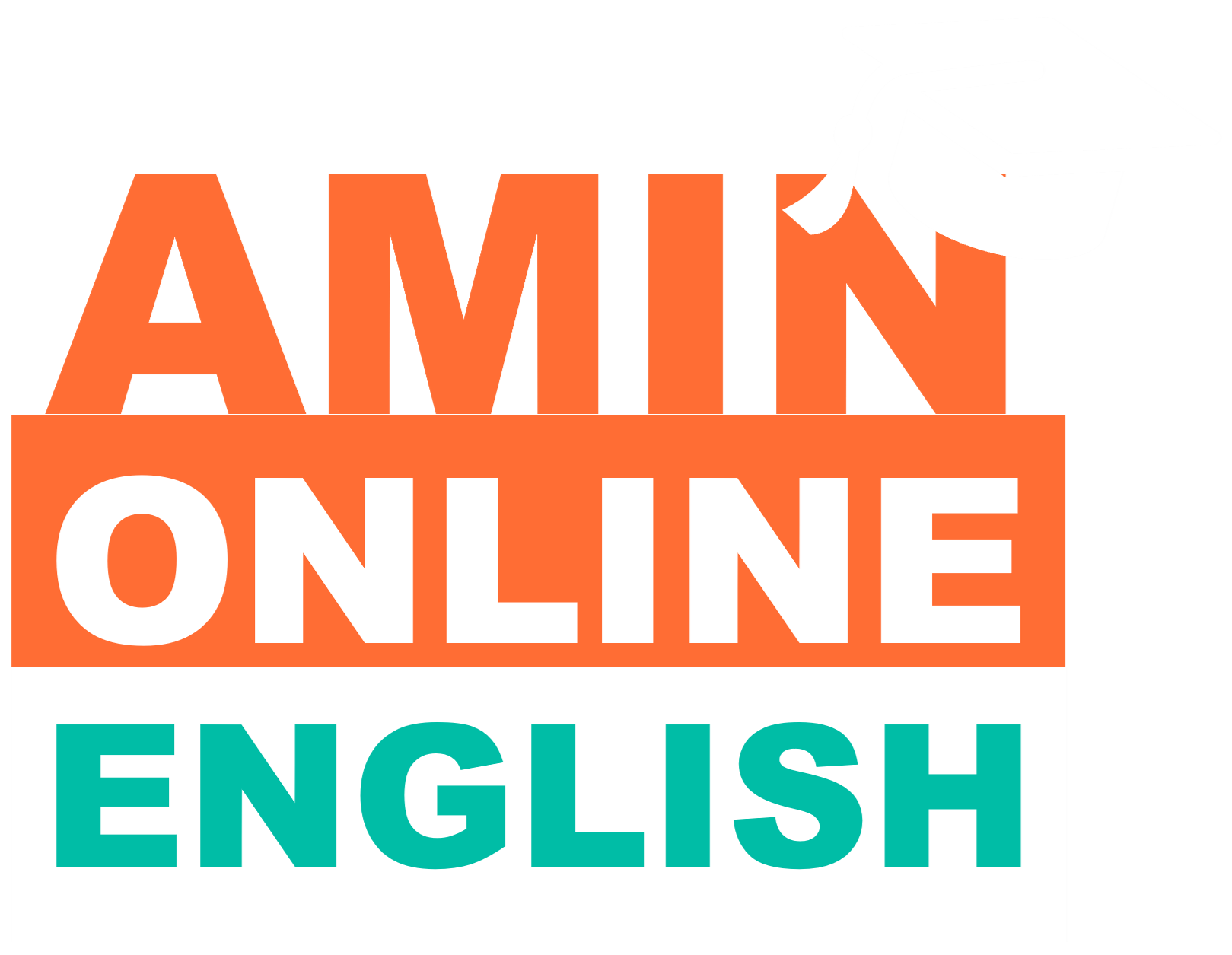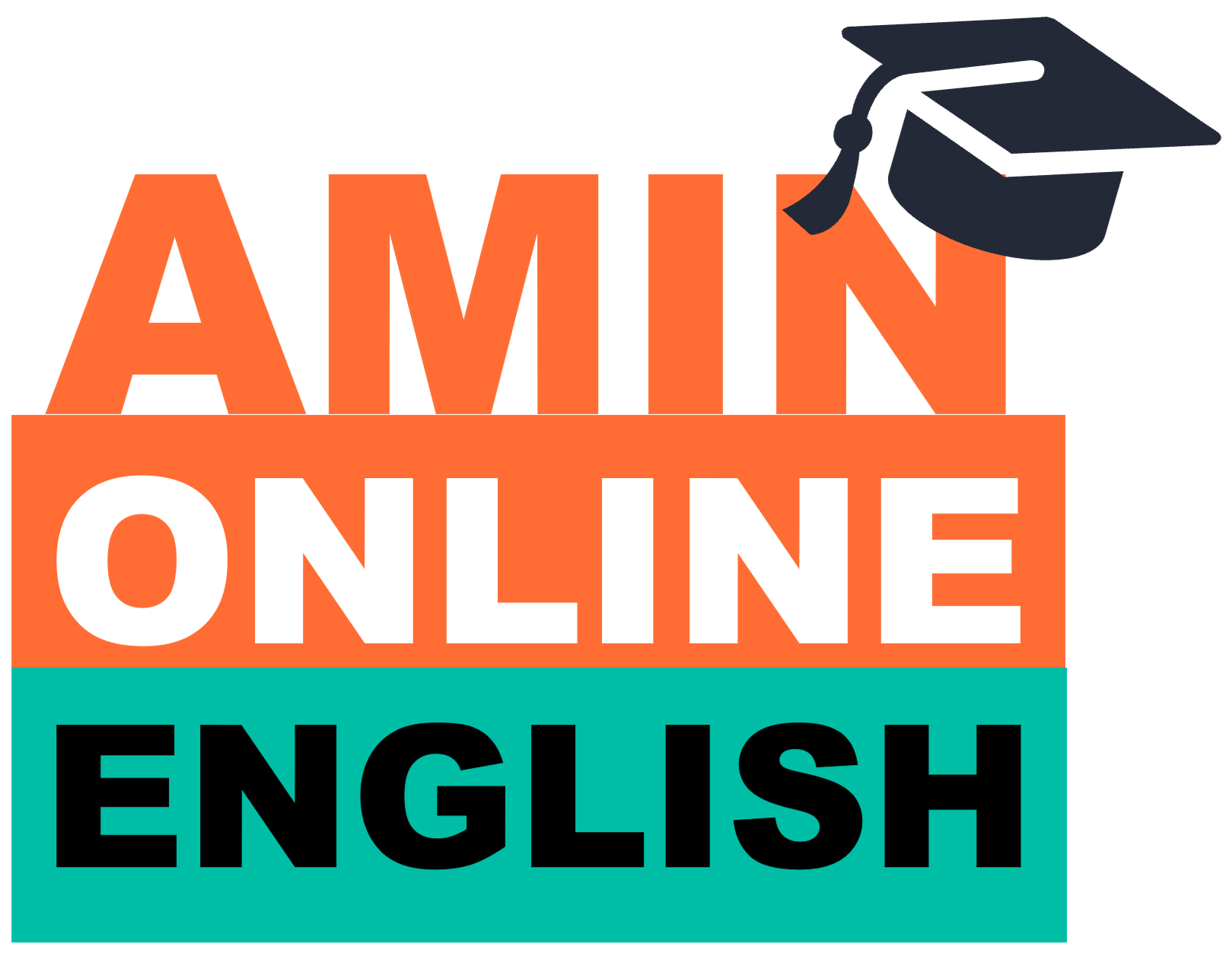The Cornerstone of English Mastery: Emphasizing Writing in Language Acquisition
Introduction to Writing in Language Learning
In the quest for English proficiency, learners often emphasize speaking and listening, overlooking a fundamental pillar of language mastery: writing. This underappreciated skill is a linchpin in the language acquisition process, offering unparalleled benefits that can accelerate learning and enhance fluency. Understanding the significance of writing in learning English is crucial for anyone looking to deepen their command of the language.
Reinforces Grammar and Vocabulary Skills
Writing in English is not merely a means of communication; it’s a practical tool for reinforcing grammar and expanding vocabulary. Engaging in writing activities compels learners to apply complex grammar rules and sentence structures actively. This application goes beyond theoretical learning, allowing for a hands-on experience where each sentence crafted reinforces understanding and proficiency.
Vocabulary expansion is another critical benefit of writing. The act of writing encourages learners to explore new words and phrases, integrating them into their lexicon. This exploration is not passive but an active search for the right word to convey meaning, significantly enhancing vocabulary retention and usage.
Enhances Retention and Understanding
Cognitive psychology supports the idea that writing facilitates deeper encoding and consolidation of new information. When learners write about a subject, they engage in a multifaceted process involving critical thinking, organization of thoughts, and articulation of ideas. This process not only cements new knowledge in memory but also fosters a greater understanding of English language structures and nuances.
The act of writing requires a deliberate pace, allowing learners to process and internalize the information at a deeper level. Compared to passive learning methods, writing is an active exercise that improves long-term retention and comprehension of the English language.
Boosts Communication Skills
Writing is a powerful exercise in refining communication skills. Through composition, learners practice and perfect the art of sentence construction, paragraph development, and the coherent connection of ideas. These skills, while honed in written form, have direct implications for spoken English. The clarity, coherence, and precision achieved through writing enhance verbal communication, allowing learners to express themselves more fluently and confidently.
Writing is an indispensable component of English learning. Its impact on grammar mastery, vocabulary expansion, retention, understanding, and communication skills makes it a powerful ally in the journey toward language proficiency. The next sections will delve deeper into the benefits of writing for personalized feedback, critical thinking, and creativity, further underscoring its pivotal role in accelerating English learning.
Personal Growth and Feedback: The Untold Benefits of Writing in English Learning
Personalized Feedback and Self-Assessment
A unique advantage of writing in the English language acquisition process is the opportunity for self-assessment and personalized feedback. Unlike instantaneous spoken exchanges, written work can be reviewed, revised, and reflected upon. This reflective practice allows learners to critically evaluate their use of language, identifying strengths and pinpointing areas that require improvement.
Personalized feedback, whether from teachers, peers, or language partners, is invaluable. It provides specific insights into a learner’s performance, offering constructive criticism and encouragement. This feedback loop is crucial for tailored learning, enabling individuals to focus on particular weaknesses and monitor their progress over time.
Encourages Critical Thinking and Creativity
Writing is not a mere mechanical skill; it’s an intellectual exercise that demands critical thinking and creativity. When engaged in writing tasks, learners are challenged to analyze information, synthesize concepts, and articulate their thoughts coherently. This process enhances cognitive skills, promoting a deeper understanding of the language and its nuances.
Furthermore, writing fosters creativity. It encourages learners to play with language, experiment with styles, and express personal insights uniquely and innovatively. This creative exploration enriches the learning experience, making it more engaging and effective. Through writing, learners can discover their voice in English, allowing for a more personalized and expressive command of the language.
The Empirical Support for Writing in Language Learning
The importance of writing in language acquisition is not just theoretical but is backed by extensive research and empirical evidence. Studies in the field of second language writing have consistently shown that learners who engage in regular writing activities exhibit greater proficiency and accuracy in English. For instance, a study published in the Journal of Second Language Writing highlights the correlation between writing practices and language mastery, emphasizing the role of writing in achieving higher levels of fluency.
Moreover, the National Council of Teachers of English underscores the link between writing and improved reading comprehension, critical thinking skills, and overall language development. These findings are echoed by surveys conducted by educational institutions like the British Council, which reveal that learners who actively write in English progress faster and gain confidence more rapidly than their counterparts who focus solely on oral skills.
Writing is much more than a method of communication; it is a critical tool in the English language learning arsenal. The act of writing offers a unique blend of benefits, including personalized feedback, self-assessment opportunities, and the stimulation of critical thinking and creativity. Supported by a wealth of research and empirical evidence, the role of writing in accelerating English learning and enhancing language proficiency is undeniable. As learners and educators recognize and embrace the power of writing, the path to English mastery becomes clearer and more attainable.
In the final part of this series, we will explore practical strategies and tips for integrating writing into your English learning routine, ensuring you can harness its full potential to achieve your language learning goals.
Integrating Writing into Your English Learning Journey
Practical Strategies for Enhancing Writing Skills
The benefits of writing in accelerating English learning are clear. However, integrating writing into your daily routine requires deliberate effort and strategic planning. Here are practical tips to make writing an integral part of your English learning journey:
- Daily Writing Practice: Consistency is key to improving your writing skills. Set aside time each day for writing, even if it’s just a few sentences. You could keep a journal, write emails, or compose short stories. The important part is to write regularly, allowing you to apply and reinforce new vocabulary and grammar structures continually.
- Explore Various Writing Styles: Don’t limit yourself to one form of writing. Experiment with different genres, such as poetry, essays, articles, and reports. Each style has unique conventions and vocabulary, which can enrich your understanding and use of the language.
- Use Writing Prompts: If you’re unsure what to write about, writing prompts can be a great source of inspiration. They can challenge you to think creatively and critically, providing a fun and engaging way to practice your writing skills.
- Engage in Peer Review: Sharing your writing with peers and providing feedback on each other’s work can be incredibly beneficial. This process not only exposes you to different writing styles and ideas but also helps you learn from the constructive criticism you receive.
- Leverage Technology: Various online platforms and tools can enhance your writing practice. Grammar checkers, vocabulary enhancement tools, and language learning apps offer immediate feedback and suggestions for improvement, making your practice more efficient and effective.
- Read Extensively: Reading regularly in English can significantly improve your writing skills. It exposes you to a wide range of vocabulary, sentence structures, and writing styles, all of which you can incorporate into your own writing.
- Seek Feedback from Experts: Whenever possible, get feedback from teachers or experienced writers. They can provide insights and guidance that are invaluable for improving your writing skills and avoiding common pitfalls.
The Role of Writing in Comprehensive Language Mastery
Writing is not just a skill to be developed in isolation; it is integral to acquiring comprehensive language mastery. It complements and enhances other aspects of language learning, such as reading, listening, and speaking. By integrating writing into your English learning routine, you engage with the language at a deeper level, promoting a more holistic understanding and use of English.
Overcoming Challenges
Many learners face challenges when it comes to writing, such as writer’s block, lack of confidence, or difficulty in expressing thoughts in English. Overcoming these challenges involves practice, patience, and perseverance. Starting with simple, short writing tasks and gradually increasing complexity can help build confidence. Additionally, focusing on the learning process rather than perfection can alleviate the pressure and make writing a more enjoyable and rewarding experience.
Writing is a powerful tool in the English language learning arsenal. It not only reinforces grammar and vocabulary but also enhances retention, understanding, and communication skills. By integrating writing into your learning routine and utilizing the strategies outlined above, you can significantly accelerate your progress towards English proficiency. Embrace the challenge of writing and discover its potential to transform your language learning experience. With dedication and practice, writing can become a key component of your success in achieving fluency in English.




